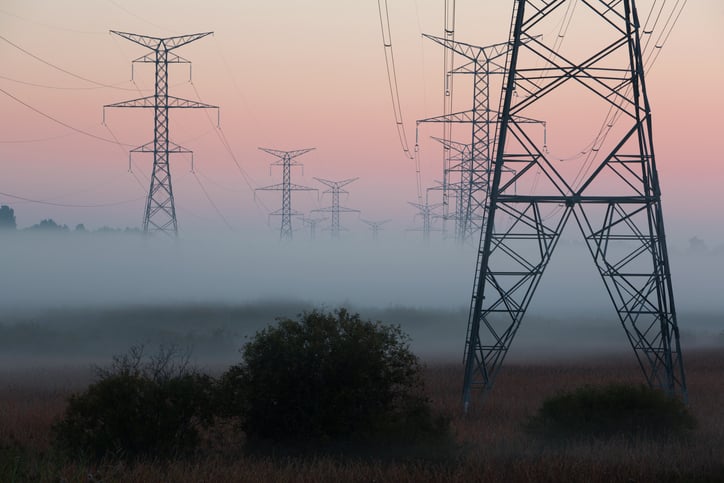National Grid ESO has agreed to pay £1.5 million to Ofgem’s voluntary redress fund after it failed to provide unbiased and accurate seven-day ahead electricity demand forecasts in 2017.
Ofgem introduced a financial incentive to drive the ESO to produce more accurate forecasts of demand in Britain in 2017 that worked with a new forecasting process from the operator.
But for five months between April and October 2017, the system operator’s forecasts were periodically either over or under demand. National Grid ESO received £130,000 from the incentive scheme during that year.
An investigation by the regulator has now found that the ESO did not have sufficient compliance processes in place, and that there was a lack of oversight by the management at the time.
Ofgem’s director of enforcement Cathryn Scott said that during the five month period the lack of accurate and unbiased demand forecasts “ultimately may have risked pushing up the cost of electricity for consumers”.
“National Grid ESO plays a vital role in coordinating and managing the supply and demand of Britain’s electricity. Many suppliers rely on accurate electricity demand forecasts to buy electricity for their customers.
“Ofgem’s rules on publishing accurate information are clear and must be followed. The £1.5 million payment sends a strong message to the system operator that it must follow the rules.”
National Grid ESO issued a statement that it acknowledges the decision, and has cooperated fully with the investigation. Because the investigation has been settled early, a 30% discount has been applied to the proposed £2.1 million penalty.
“The actions taken four years ago were seeking to achieve more accurate forecasting,” the ESO said. “However, we acknowledge that, despite this intention, our processes at the time related to the new demand forecast process were not fully developed.”
It added that since 2017, it has made a significant investment in its demand forecasting capability, with improvements made to tools and processes. These have improved the accuracy of its forecasts and addressed the issues raised by Ofgem’s investigation.





